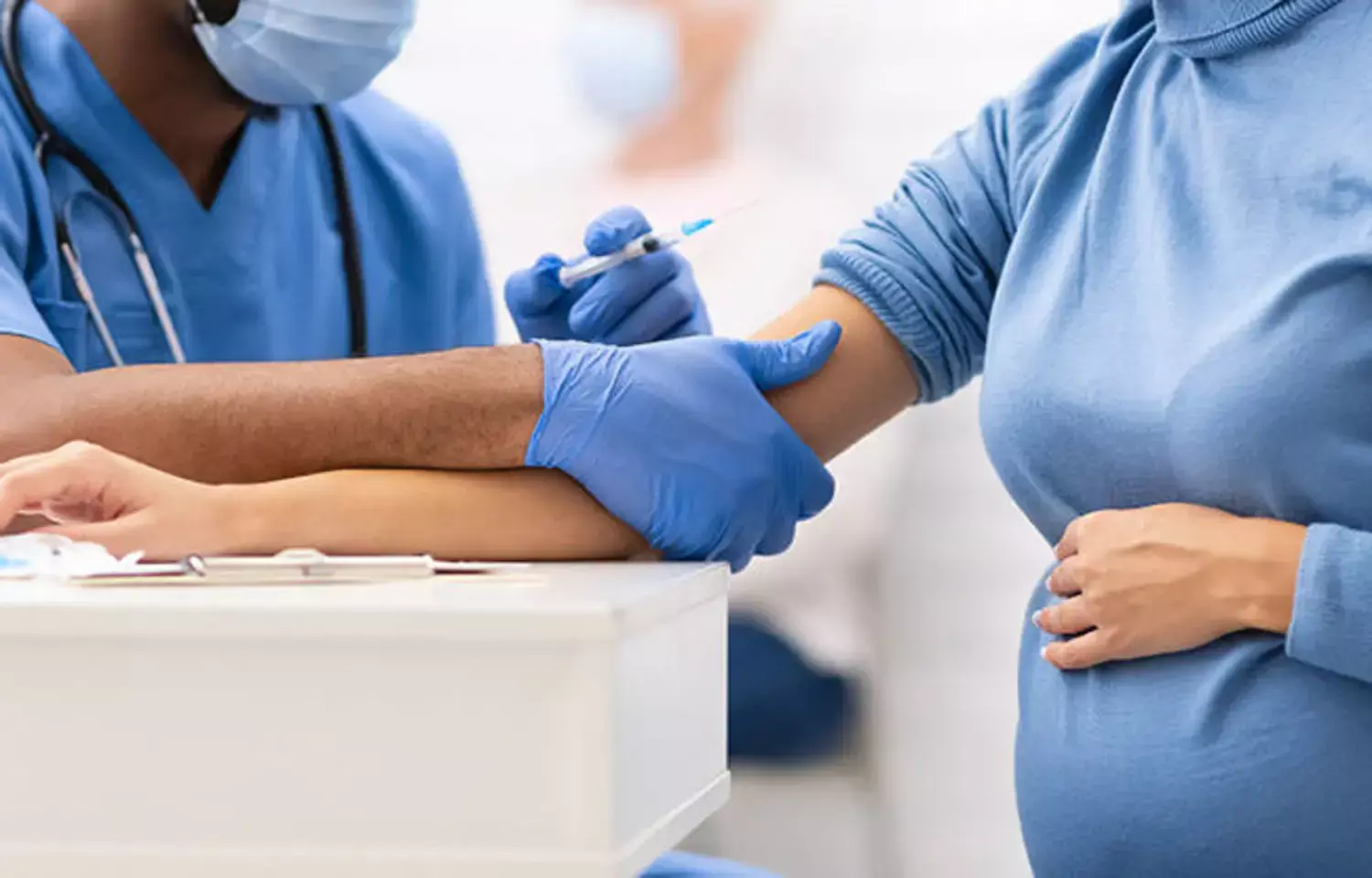- Home
- Medical news & Guidelines
- Anesthesiology
- Cardiology and CTVS
- Critical Care
- Dentistry
- Dermatology
- Diabetes and Endocrinology
- ENT
- Gastroenterology
- Medicine
- Nephrology
- Neurology
- Obstretics-Gynaecology
- Oncology
- Ophthalmology
- Orthopaedics
- Pediatrics-Neonatology
- Psychiatry
- Pulmonology
- Radiology
- Surgery
- Urology
- Laboratory Medicine
- Diet
- Nursing
- Paramedical
- Physiotherapy
- Health news
- Fact Check
- Bone Health Fact Check
- Brain Health Fact Check
- Cancer Related Fact Check
- Child Care Fact Check
- Dental and oral health fact check
- Diabetes and metabolic health fact check
- Diet and Nutrition Fact Check
- Eye and ENT Care Fact Check
- Fitness fact check
- Gut health fact check
- Heart health fact check
- Kidney health fact check
- Medical education fact check
- Men's health fact check
- Respiratory fact check
- Skin and hair care fact check
- Vaccine and Immunization fact check
- Women's health fact check
- AYUSH
- State News
- Andaman and Nicobar Islands
- Andhra Pradesh
- Arunachal Pradesh
- Assam
- Bihar
- Chandigarh
- Chattisgarh
- Dadra and Nagar Haveli
- Daman and Diu
- Delhi
- Goa
- Gujarat
- Haryana
- Himachal Pradesh
- Jammu & Kashmir
- Jharkhand
- Karnataka
- Kerala
- Ladakh
- Lakshadweep
- Madhya Pradesh
- Maharashtra
- Manipur
- Meghalaya
- Mizoram
- Nagaland
- Odisha
- Puducherry
- Punjab
- Rajasthan
- Sikkim
- Tamil Nadu
- Telangana
- Tripura
- Uttar Pradesh
- Uttrakhand
- West Bengal
- Medical Education
- Industry
All pregnant women or those willing to conceive must receive COVID-19 vaccination: JAMA

USA: Two recent studies published in JAMA Network Open, have suggested that pregnant women with COVID-19 infection are more likely to have negative outcomes including preterm birth, death, and ICU admission. Also, the SARS-CoV-2 antibodies produced by the COVID-19 vaccine are present in breast milk.
The findings are in sync with previous studies and support the US Centers for Disease Control and Prevention announcement that all pregnant women or those thinking of conceiving should get vaccinated.
"The vaccines are safe and effective, and it has never been more urgent to increase vaccinations as we face the highly transmissible Delta variant [B1617.2] and see severe outcomes from COVID-19 among unvaccinated pregnant people," CDC Director Rochelle Walensky, MD, MPH, said in a CDC press release.
Outcomes of Women With COVID-19 Giving Birth
In the first study, Justine Chinn, University of California, Irvine Medical Center, Orange, and colleagues aimed to examine characteristics and outcomes of a large US cohort of women who underwent childbirth with vs without COVID-19.
For this purpose, they looked at 869,079 adult women who gave birth from Mar 1, 2020, to Feb 28, 2021, across 499 US medical centers. Among 869 079 women, 2.2% had COVID-19, and 97.8% did not.
They found the following:
- There was no significant increase in cesarean delivery among women with COVID-19 (32.5% vs 32.3%).
- Women with COVID-19 were more likely to have preterm birth (16.4% vs 11.5%).
- Women giving birth with COVID-19, compared with women without COVID-19, had significantly higher rates of ICU admission (5.2% vs 0.9%), respiratory intubation and mechanical ventilation (1.5% vs 0.1%), and in-hospital mortality (0.1% vs <0.01%).
"This retrospective cohort study found that women with COVID-19 giving birth had higher rates of mortality, intubation, ICU admission, and preterm birth than women without COVID-19," the researchers concluded.
Specific Antibodies Against SARS-CoV-2 in Breast Milk of Lactating Women Vaccinated With an mRNA Vaccine
In the second study, Erika Esteve-Palau, Parc Sanitari Sant Joan de Déu, Sant Boi, Barcelona, Spain, and colleagues aimed to characterize the levels of specific SARS-CoV-2 antibodies in the breast milk of mRNA-vaccinated women across time, as well as their correlation with serum antibody levels.
The study included 33 lactating women vaccinated at an urban hospital in Spain. They gave breastmilk and serum samples at 2 weeks after the first dose, 2 weeks after the second dose, and finally 4 weeks after the second dose.
Analysis showed that the median immunoglobulin G (IgG) levels against the virus' spike protein (S1) for serum-milk pairs for each time point were 519 to 1 arbitrary units per milliliters (AU/mL), then 18,644 to 78 AU/mL, and then 12,478 to 50.4 AU/mL.
The women were all 18 years or older, with an average age of 37.4 years. Average postpartum time was 17.5 months.
The study found increasing levels of SARS-CoV-2 antibodies in women's breastmilk post-vaccination with the Pfizer/BioNTech vaccine.
"Our results suggest that breast milk from women vaccinated with the novel mRNA-based PfizerBioNTech vaccine contains specific anti–SARS-CoV-2 IgG(S1) antibodies. Furthermore, we found that after the second dose, breast milk IgG(S1) levels increased and were positively associated with corresponding serum levels," the researchers write.
Reference:
1) "Characteristics and Outcomes of Women With COVID-19 Giving Birth at US Academic Centers During the COVID-19 Pandemic," is published in JAMA Network Open.
2) "Quantification of Specific Antibodies Against SARS-CoV-2 in Breast Milk of Lactating Women Vaccinated With an mRNA Vaccine," is published in JAMA Network Open.
Dr Kamal Kant Kohli-MBBS, DTCD- a chest specialist with more than 30 years of practice and a flair for writing clinical articles, Dr Kamal Kant Kohli joined Medical Dialogues as a Chief Editor of Medical News. Besides writing articles, as an editor, he proofreads and verifies all the medical content published on Medical Dialogues including those coming from journals, studies,medical conferences,guidelines etc. Email: drkohli@medicaldialogues.in. Contact no. 011-43720751


